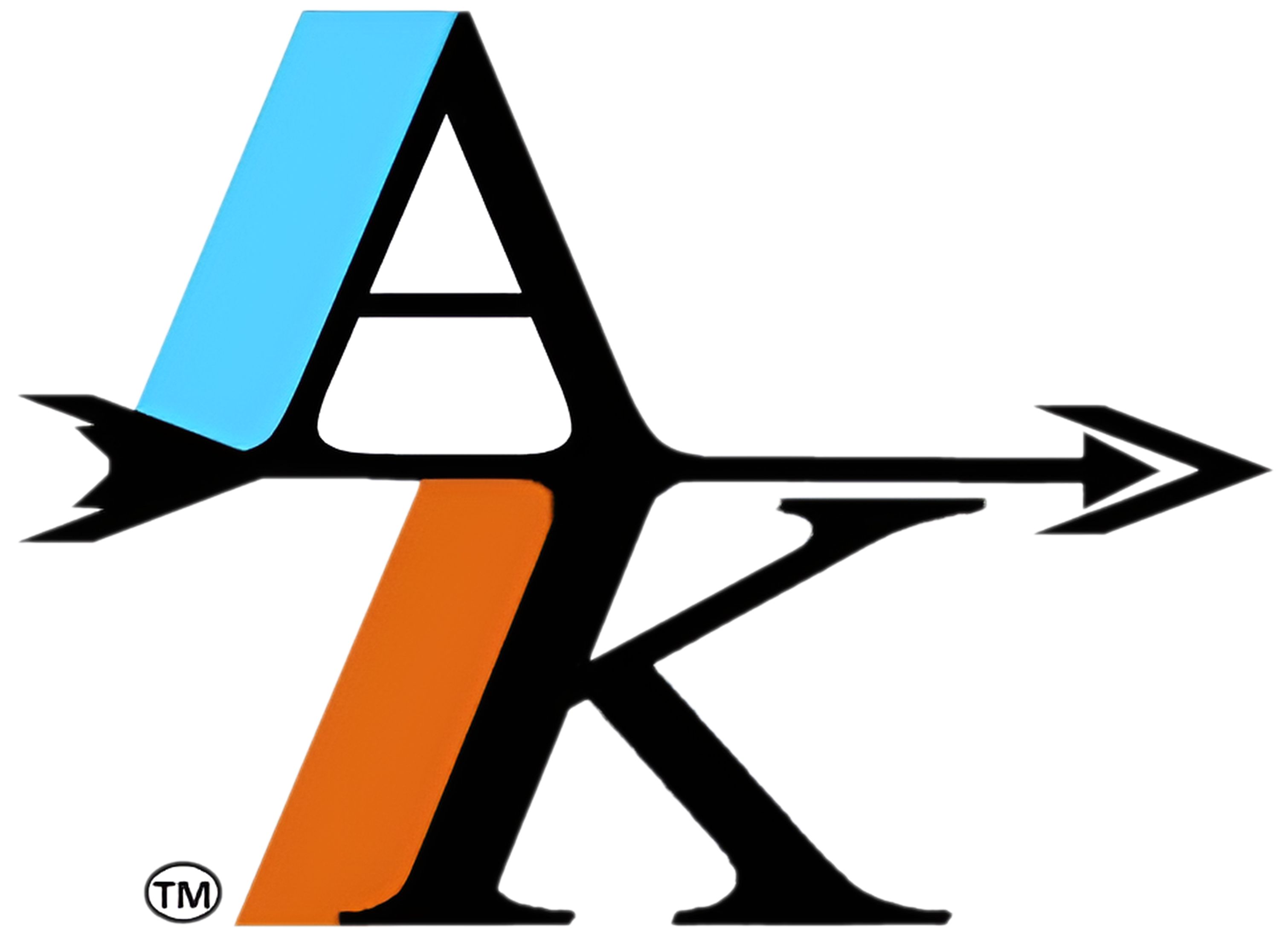Operating a trucking company in compliance with the Federal Motor Carrier Safety Administration (FMCSA) and the Department of Transportation (DOT) requires adherence to a detailed set of rules and regulations. These requirements are designed to ensure the safety of not only truck drivers but also other road users. Below is a list of essential items and practices needed for a trucking company to stay in compliance:
- Motor Carrier Authority: Obtain the necessary operating authority (MC number) and USDOT number, which serve as unique identifiers for your company.
- Commercial Driver’s License (CDL): Ensure all drivers have a valid CDL appropriate for the type of vehicle they are operating.
- Drug and Alcohol Testing: Implement a drug and alcohol testing program in compliance with FMCSA regulations, including pre-employment, random, post-accident, reasonable suspicion, return-to-duty, and follow-up testing.
- Driver Qualification Files: Maintain up-to-date qualification files for each driver, including their CDL, medical card, records of violations, and road test certificates.
- Hours of Service (HOS) Compliance: Ensure drivers adhere to HOS regulations to prevent fatigue, using Electronic Logging Devices (ELDs) to accurately track driving hours.
- Vehicle Maintenance: Keep detailed records of vehicle inspections, maintenance, and repairs to ensure each vehicle is safe and operational.
- Insurance: Maintain adequate insurance coverage as required by the FMCSA, including liability and cargo insurance.
- Safety Programs: Implement and enforce safety programs that include driver training and vehicle safety inspections.
- Accident Register: Keep an accident register for three years containing information about any accidents involving your fleet.
- Hazardous Materials Regulations (if applicable): Comply with specific training, packaging, and documentation requirements for transporting hazardous materials.
- FMCSA Registration and Updates: Regularly update your FMCSA registration information, including changes in company structure, contact information, or scope of operations.
- Medical Requirements: Ensure drivers meet medical standards and carry a valid medical examiner’s certificate.
- Annual Review of Driving Records: Conduct an annual review of each driver’s driving record to ensure they remain in compliance with regulations.
- Display of USDOT and MC Numbers: Clearly display your USDOT and, if applicable, MC numbers on every vehicle in your fleet.
- Compliance with State Regulations: In addition to federal regulations, comply with any state-specific regulations for commercial trucking operations.
- Record Keeping and Documentation: Maintain thorough records for all the above elements, ensuring documentation is accessible for audits or inspections.
It’s important to note that this list provides a general overview, and the specific requirements may vary based on the type of operations, the size of the company, and the kinds of goods being transported. Regularly reviewing FMCSA and DOT regulations is essential to staying up to date with compliance requirements.
